

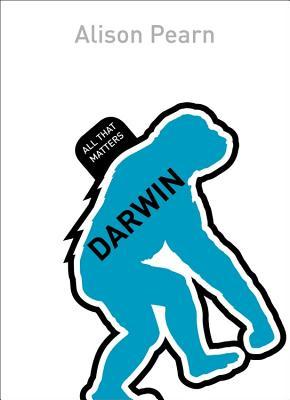
Books in series
Archaeology
All That Matters
2014

Astronomy
All That Matters
2014

Buddhism
All That Matters
2013

Darwin
2015
Death
All That Matters
2016

Democracy
All That Matters
2012

Emotion
All That Matters
2013
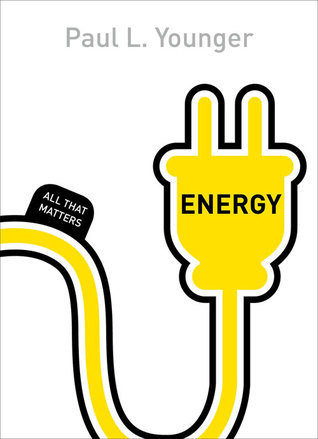
Energy
2012

Future
All That Matters
2013

Future Cities
All That Matters
2013

Free Speech
All That Matters
2016

God
All That Matters
2012

Love
All That Matters
2013
The Meaning of Life
2015

The Renaissance
All That Matters
2014
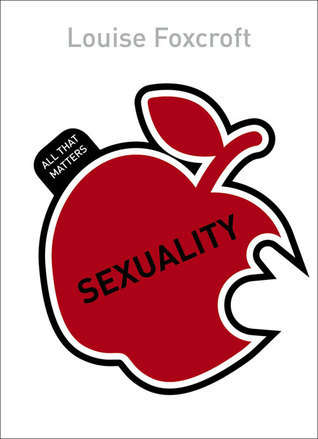
Sexuality
All That Matters
2013
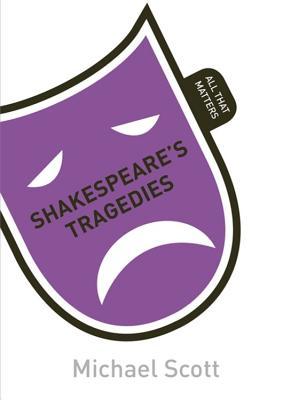
Shakespeare's Tragedies
All That Matters
2016

Space Exploration
All That Matters
2013
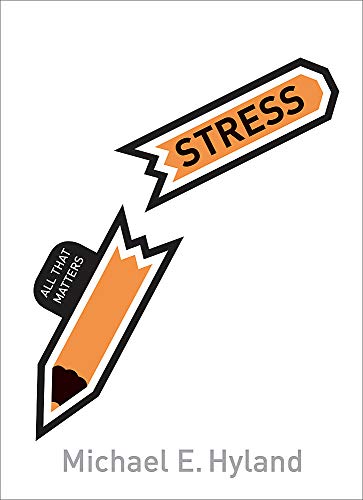
Stress
All That Matters
2013

Water - All That Matters
2012
Authors

Ziauddin Sardar has written or edited 45 books over a period of 30 years, many with his long-time co-author Merryl Wyn Davies. Recent titles include Balti Britain: a Journey Through the British Asian Experience (Granta, 2008); and How Do You Know: Reading Ziauddin Sardar on Islam, Science and Cultural Relations (Pluto, 2006). The first volume of his memoirs is Desperately Seeking Paradise: Journeys of a Sceptical Muslim (Granta, 2006). His recent television work includes a 90-minute documentary for the BBC in 2006 called 'Battle for Islam'. Sardar's online work includes a year-long blog on the Qur'an published in 2008 by The Guardian newspaper. Sardar is a Visiting Professor of Postcolonial Studies in the Department of Arts Policy and Management at City University London and is Editor of the forecasting and planning journal, Futures. He is also a member of the UK Commission on Equality and Human Rights. His journalism appears most often in The Guardian and The Observer, as well as the UK weekly magazine, New Statesman. In the 1980s, he was among the founders of Inquiry, a magazine of ideas and policy focusing on Muslim countries. His early career includes working as a science correspondent for Nature and New Scientist magazines and as a reporter for London Weekend Television.
(from wikipedia http://en.wikipedia.org/wiki/Ziauddin... )<< — *You can know more from his own site: http://www.ziauddinsardar.com/Biograp...
Michael Scott is Professor of English and Theatre Studies and Vice Chancellor and Chief Executive of Glyndwr University, Wrexham. He has taught Shakespeare for over 35 years and has also tutored A Level students, and for over ten years he worked as a Visiting Lecturer teaching Shakespeare with the Royal Shakespeare Company. He has extensive experience also of teaching Shakespeare worldwide, including as Visiting Professor in English at Georgetown University. In Spring 2013 he conducted an extensive lecture tour on Shakespeare in China. Scott was the founding editor of the influential Text and Performance Series and The Critics Debate Series used extensively in school and university programmes, and he continues to work and lecture on Shakespeare for a variety of audiences both for education and the general public. source http://www.barnesandnoble.com
Louise Foxcroft read History at the University of Cambridge as a mature student in the early 1990s. In 2007 she published an academic title, The Making of Addiction: The ‘use and abuse’ of opium in nineteenth-century Britain (Ashgate), which developed the research of her PhD thesis. This was followed by her first general book, Hot Flushes, Cold Science: A History of the Modern Menopause (Granta, 2009) which ranked as Amazon’s No.1 History of Medicine title for some weeks. Broadly as Medical Historian, she has specialised in medical perceptions of the human body and at the way these are related to present day, personal, human experience - this makes for some really in-depth questions and analyses, not to mention the absurdities, of how we live our lives now. An occasional supervisor at the University of Cambridge, Louise Foxcroft has also written for The London Review of Books, The Guardian, New Humanist, Erotic Review, Daily Mail and The Times, and has been a guest on several BBC Radio programmes. As a Non-Alcoholic Trustee on the General Service Board of Alcoholics Anonymous GB since 2006 she has been working on AA literature, and speaking at conferences and press events, both national and international.